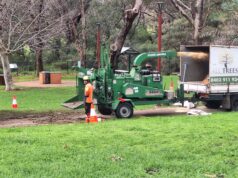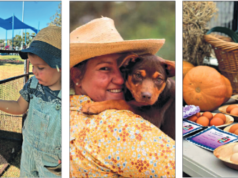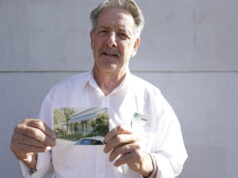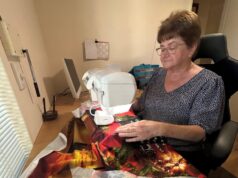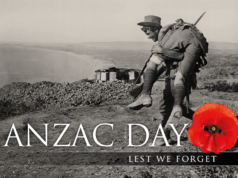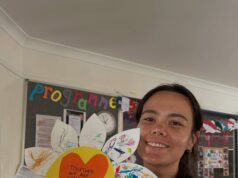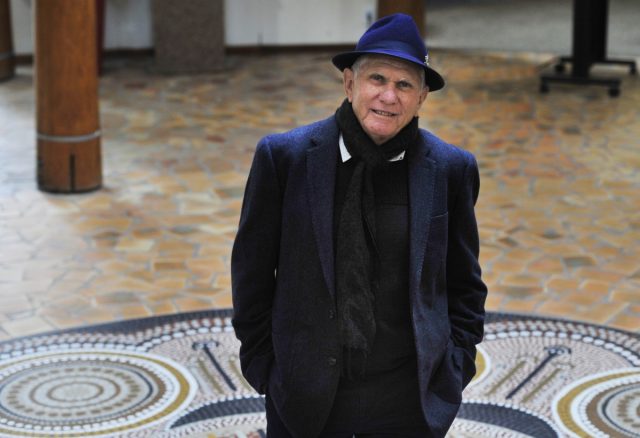
New mental health research has drawn wisdom from Aboriginal Elders and young people to improve mental health and well-being of Aboriginal youth.
A Curtin university-led research team has been awarded $2.45 million by the Federal government through the Medical Research Future Fund’s Million Minds Mental Health Research Mission.
Aboriginal Elders and young people will evaluate the accessibility and responsiveness of youth mental health services for Aboriginal youth in selected sites across the state.
‘Our Journey, Our Story: Building bridges to improve Aboriginal youth mental health and well-being’ research is being led by Dr Michael Wright from Curtin’s School of Occupational Therapy, Social Work and Speech Pathology.
Dr Wright was inspired by the vision and determination of Aboriginal Elders and youth to make a difference to the mental health of young people.
“I have a deep and abiding passion for improving mental health services for Aboriginal youth,” he said.
“I know from first-hand experience that improvement in the delivery of mental health services to Aboriginal youth is achievable.
“Youth mental health services do improve and change their practice when given instructions on how to do it and Aboriginal Elders and youth are the key in driving the change.”
Dr Wright believes Elders are important because they are recognised in the community as the holders and custodians of cultural knowledge.
“Elders are the teachers and they provide the knowledge and necessary instructions in how to engage and work constructively with Aboriginal people,” he said.
Creative spirits mental health statistics in 2019 showed that Aboriginal people are much more likely to suffer from depression or dementia than other Australians.
According to the data collected this year 30 per cent of Aboriginal people are suffering from some form of psychological distress and 12.4 per cent of Aboriginal people aged over 45 years have dementia.
Dr Wright hopes this research will send a clear message to the community that appropriate support services will be there for them when a young person is experiencing mental health issues.
He also believes there has been a positive shift in society on awareness of mental health.
“There is still however more to be done in building awareness,” he said.
“Myths and misinformation about mental illness still persist in society and these often result in people experiencing stigma and discrimination.
“Aboriginal people’s experiences of mental health can differ, for racism is often also experienced with stigma and discrimination.”
According to him it is not uncommon for youth mental health organisations to be unaware that their policies and practices exclude Aboriginal youth.
Curtin University Deputy Vice-Chancellor Research Professor Chris Moran said the research project provided measurable strategies to improve youth mental initiatives locally, nationally and globally.
“The Federal Government funding will enable the program to provide greater access to mainstream mental health services for Indigenous young people and improve community perceptions of those services at various sites across regional Western Australia.”




